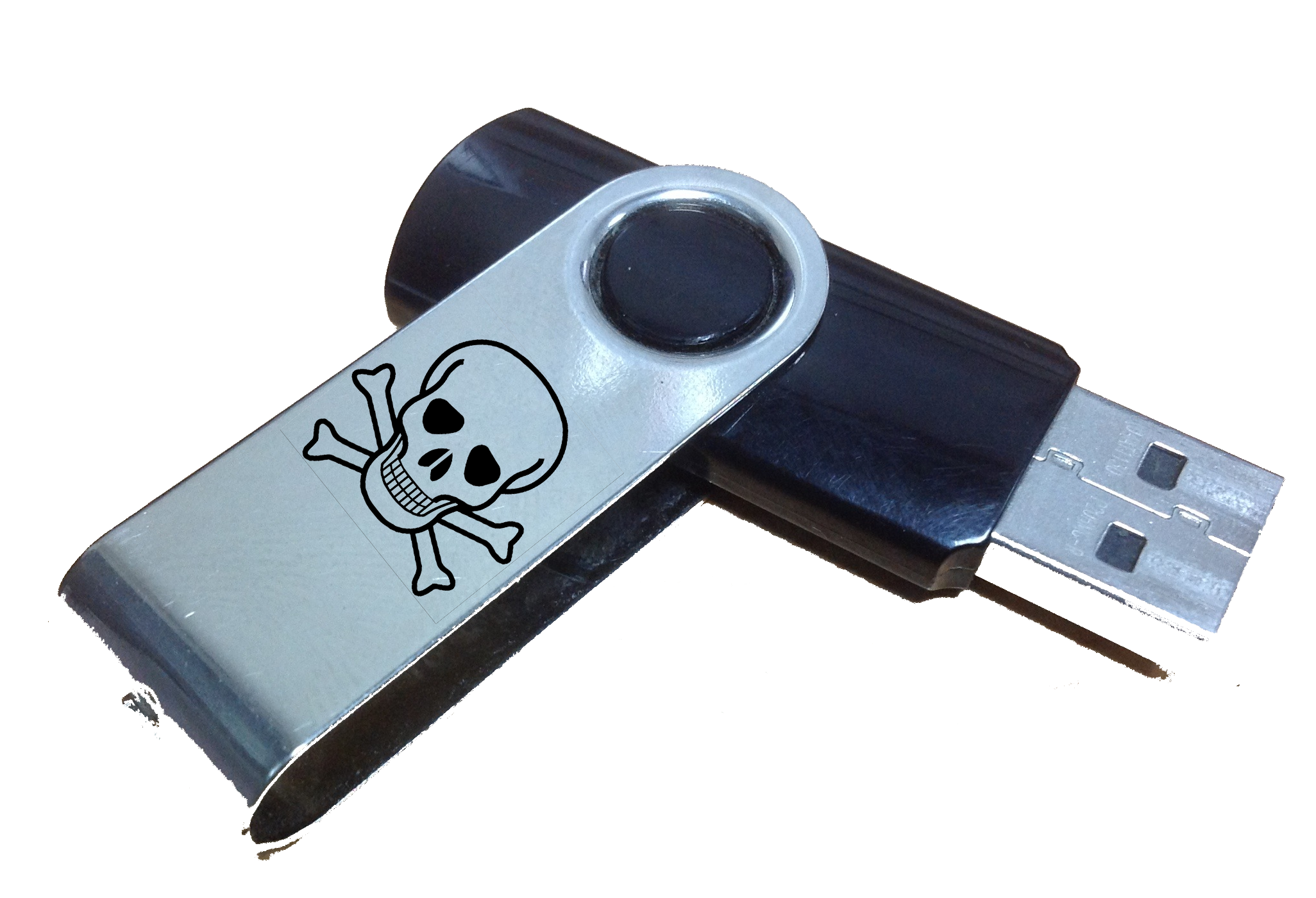What does USB stands for? Unwanted Security Breach?

The Evolution of Data Sharing: From Floppy Disks to USB Memory Sticks
When I began my career, sharing data between computers often relied on what we jokingly referred to as the “Nike” or “Adidas” network: saving files to a 360-kilobyte floppy disk and literally running to the next computer to transfer them. Although networks today are far more advanced, the humble USB memory stick still plays a significant role, largely due to its simplicity and convenience. With no passwords or logins required, it “just works.”
However, this ease of use is also its biggest flaw, as USB sticks can pose serious security risks.
The Risk of Data Loss
We’ve all heard stories of confidential data being leaked simply because a USB stick or disk was left behind on a train. The impact can be both embarrassing and damaging. Before transporting sensitive information on any physical media, ask yourself: Do I really need to take this data outside the office, and what are the risks?
The Danger of Infected USB Sticks
When someone hands me a USB stick, I hesitate to plug it in. Can I be sure it’s virus-free? Sometimes, even the sender might be unaware that their USB stick carries malware. Shockingly, studies suggest that two out of three USB memory sticks contain viruses or malware. If you don’t fully trust the source of a USB stick, do not plug it in. While most antivirus software will catch issues, this is a never-ending game of cat and mouse.
I have the option of checking USB sticks on a Linux computer, as most exploits target Windows. However, this approach isn’t foolproof and requires specific technical knowledge.
Manipulated USB Sticks: A Trojan Horse in Disguise
Some USB sticks are more than just infected; they’re manipulated at the chip level, intentionally designed to exploit vulnerabilities and breach security. Even if the data provider is careful, networks can still be exposed, turning unsuspecting individuals into Trojan horses. Shockingly, these manipulated USB sticks are often sold on popular auction sites or given away as trade show freebies.
Even devices that act as USB storage, such as mobile phones or MP3 players, can harbor hidden risks when connected to a computer.
Minimizing Exposure: Protecting Your Data and Devices
When it comes to sensitive or confidential data, some companies prevent the use of USB storage altogether by disabling USB ports for external storage. While other USB devices, like keyboards and mice, can also be compromised, these companies carefully monitor all connected devices.
Special charging cables allow charging without data transfer by omitting the data wires, helping prevent unwanted data access. These cables come in different types for Apple and Android devices.
If using USB memory sticks is unavoidable, follow these precautions to reduce your risk:
- Buy from Reputable Sources: Purchase branded USB sticks from trustworthy suppliers to avoid counterfeit products. This ensures, for example, that a 4GB stick is actually 4GB. Exercise caution when buying from auction sites (see Fake Memory Sentinel).
- Use Virus-Scanning Software: Some antivirus software can block USB access until a full scan is completed, adding an extra layer of protection.
- Disable Autorun: Prevent files from automatically running by disabling autorun on CDs, DVDs, and USB devices.
- Avoid Executable Files: Never run EXE, BAT, or COM files from a USB stick unless you placed them there yourself.
- Disable Macros: If opening Office files from a USB stick, ensure that macros are disabled to prevent malicious code from running.
By understanding and implementing these precautions, you can significantly reduce the risks associated with USB memory sticks, helping to keep your data safe and secure in an increasingly connected world.